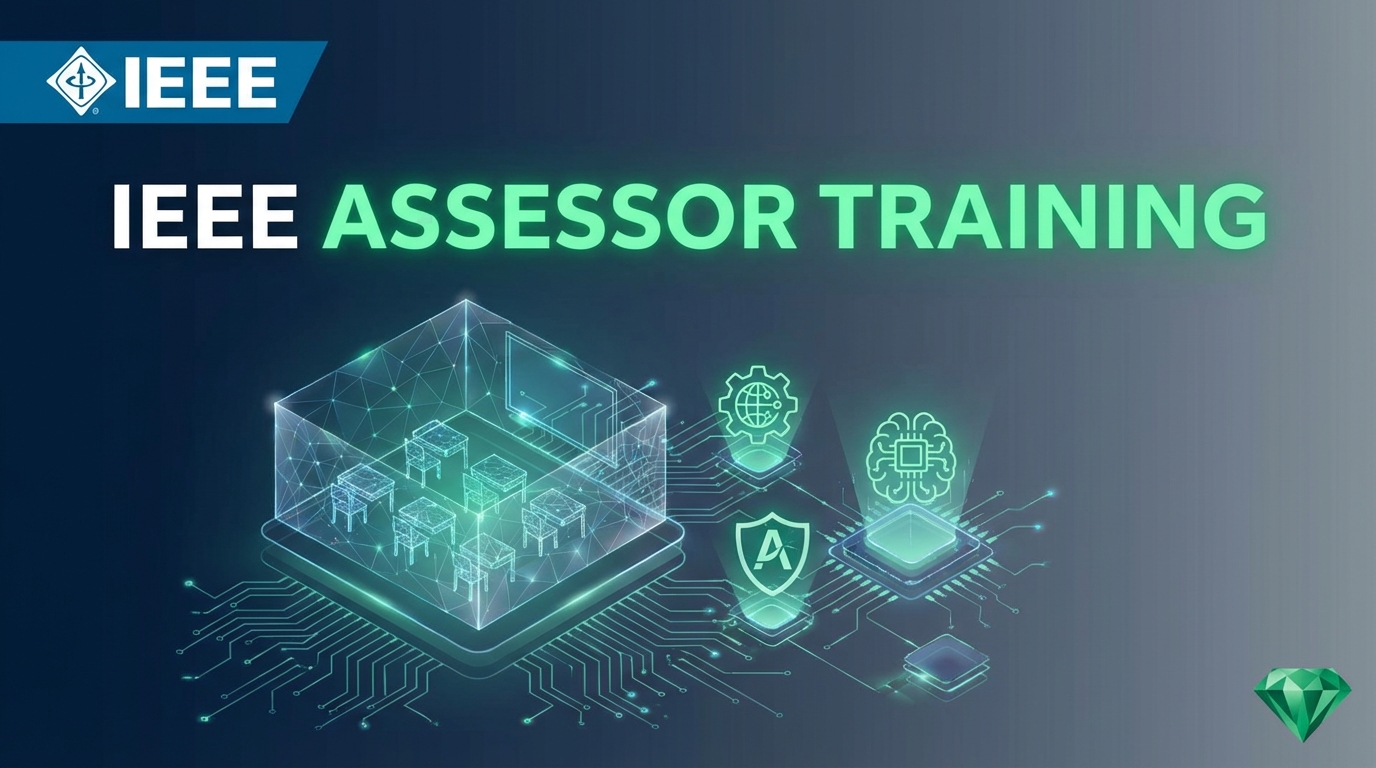IEEE CertifAIEd Assessor Training
October 2023

If you're interested in AI ethics and governance, the IEEE CertifAIEd™ Assessor Training is one of the most comprehensive programs available. In this post, I share my personal journey through this intensive course.
Why did I choose this program?
As a freelance AI Consultant, it worries me that the power of these technologies is often applied without assessing potential harm. I evaluated several frameworks and found IEEE CertifAIEd to be the most robust, backed by the IEEE Standards Association and developed by industry-leading experts.
Program Structure
The training is intense: Three full days of lectures and group exercises, followed by a four-hour exam on the final day. The curriculum covers:
- Day 1: Introduction and Ethical Profiling.
- Day 2: Accountability and Transparency suites.
- Day 3: Algorithmic Bias and Privacy suites.
- Day 4: Comprehensive certification exam.
The Road to Becoming an Assessor
Clearing the exam is just the first step. To become an Authorized Assessor, you must complete a "Case for AI Ethics Competence" and pass an interview with a panel of senior experts. I'm proud to have completed this journey and am ready to help enterprises navigate their ethical AI use cases.
